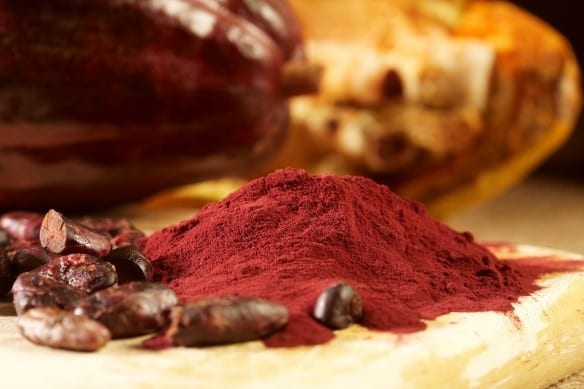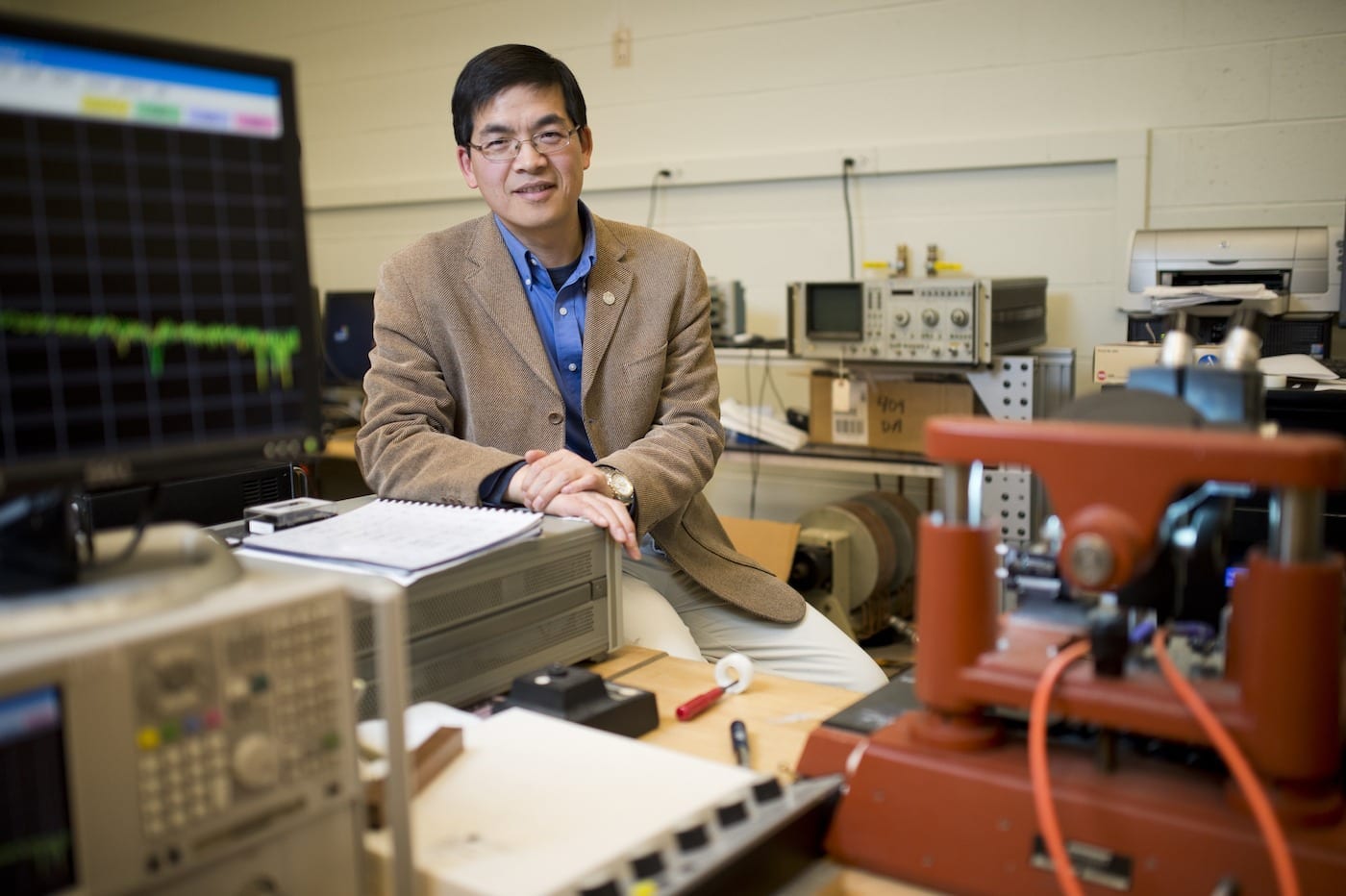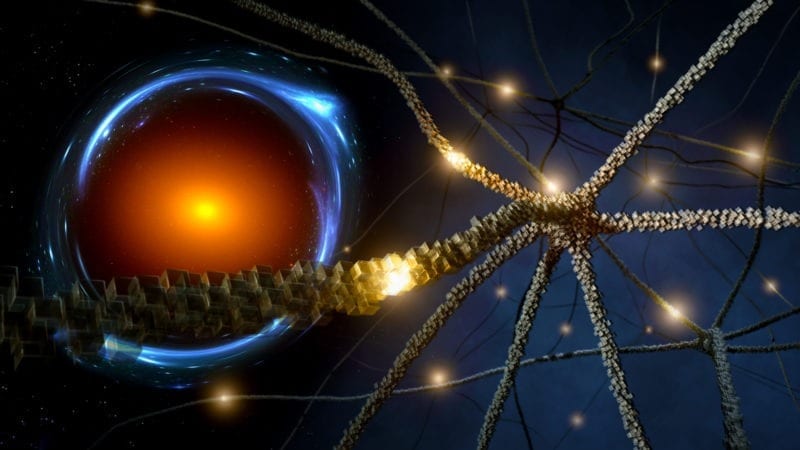
Study also identified possible target for novel therapies
Age-related memory loss may be reversed by boosting blood levels of osteocalcin, a hormone produced by bone cells, according to mouse studies led by Columbia University Medical Center (CUMC) researchers. The research team also identified a receptor for osteocalcin in the brain, paving the way for a novel approach to treating age-related cognitive decline.
The paper was published today in the online edition of the Journal of Experimental Medicine.
“In previous studies, we found that osteocalcin plays multiple roles in the body, including a role in memory,” said study leader Gerard Karsenty, MD, PhD, the Paul A. Marks Professor and Chair, Department of Genetics & Development, and professor of medicine at Columbia. “We also observed that the hormone declines precipitously in humans during early adulthood. That raised an important question: Could memory loss be reversed by restoring this hormone back to youthful levels? The answer, at least in mice, is yes, suggesting that we’ve opened a new avenue of research into the regulation of behavior by peripheral hormones.”
Dr. Karsenty’s group, in collaboration with the laboratory of Eric Kandel, MD, University Professor and Kavli Professor of Brain Science at Columbia University and a key contributor to this study, conducted several experiments to evaluate osteocalcin’s role in age-related memory loss. In one experiment, aged mice were given continuous infusions of osteocalcin over a two-month period. The infusions greatly improved the animals’ performance on two different memory tests, reaching levels seen only in young mice.
The same improvements were seen when blood plasma from young mice, which is rich in osteocalcin, was injected into aged mice. In contrast, there was no memory improvement when plasma from young, osteocalcin-deficient mice was given to aged mice. But adding osteocalcin to this plasma before injecting it into the aged mice resulted in memory improvement. The researchers also used anti-osteocalcin antibodies to deplete the hormone from the plasma of young mice, reducing their performance on memory tests.
The researchers then determined that osteocalcin binds to a receptor called Gpr158 that is abundant in neurons of the CA3 region of the hippocampus, the brain’s memory center. This was confirmed by inactivating hippocampal Gpr158 in mice and subsequently giving them infusions of osteocalcin, which failed to improve their performance on memory tests.
The researchers did not observe any toxic effects from giving the mice osteocalcin. “It’s a natural part of our body, so it should be safe,” said Dr. Karsenty. “But of course, we need to do more research to translate our findings into clinical use for humans.”
In previous research, Dr. Karsenty found that osteocalcin injections also rejuvenate the muscles of older mice, allowing them to match the running speeds and distances of young mice.
Learn more: Bone-Derived Hormone Reverses Age-Related Memory Loss in Mice
The Latest on: Age-related memory loss
[google_news title=”” keyword=”age-related memory loss” num_posts=”10″ blurb_length=”0″ show_thumb=”left”]- High-fat diet accelerates aging-related memory loss in ratson May 5, 2024 at 6:35 pm
Study found that a high-fat diet exacerbates age-related cognitive decline in rats, even when microglia cells are removed from the equation, suggesting other pathways may play a role.
- Secrets of ‘superagers’on April 30, 2024 at 12:32 pm
Those folks are called “superagers.” And researchers have been trying for a long time to figure out what causes them to be special and the degree to which it might be genetic versus action based. The ...
- Neuroscientists Reveal Secret of Superagers' Excellent Memorieson April 29, 2024 at 10:00 am
White matter, which connects different regions of the brain, appears to retain better structure in superagers than in older people with memory decline.
- Misplaced your keys? How to distinguish dementia from normal age-related memory losson April 29, 2024 at 2:17 am
Experts say misplacing keys or other everyday items isn't necessarily a sign of dementia or other serious memory loss issues. They note there are ways you can keep your memory sharp.
- Dieting and Weight Control Newson March 31, 2024 at 5:00 pm
Keto Diet Prevents Early Memory Decline in Mice Mar. 20 ... Factors Associated With Age-Related Hearing Loss Differ Between Males and Females Mar. 6, 2024 — Certain factors associated with ...
- Adding These 11 Foods To Your Diet Can Stave Off Age-Related Memory Losson March 27, 2024 at 6:00 am
Age-related memory loss is different to dementia as it’s far less detrimental and happens at a much slower, more natural pace over time but of course, that doesn’t make the prospect of losing ...
- Memory Losson March 26, 2024 at 8:03 am
How can I manage normal, age-related memory loss? Created with Sketch. Reducing stress and getting enough sleep could be helpful. Other ways to compensate for forgetfulness include organizing ...
- McKnight Brain Instituteon December 26, 2023 at 11:26 pm
The Evelyn F. McKnight Brain Institute at the University of Alabama at Birmingham (UAB) was established in 2004 by a gift from the McKnight Brain Research Foundation to support research in cognitive ...
- Flavanols: A key to slowing age-related memory loss in the brainon December 20, 2023 at 8:51 am
The study builds on 15 years of research conducted at Small's lab examining the relation between age-related memory loss and changes in the dentate gyrus – a region of the brain's hippocampus that is ...
- Diet low in flavanols may drive age-related memory loss, scientists claimon May 29, 2023 at 1:00 pm
A diet low in compounds called flavanols – found in plant-based foods such as green tea, apples and berries – may drive age-related memory loss, scientists have said. The research, published in the ...
via Google News and Bing News










